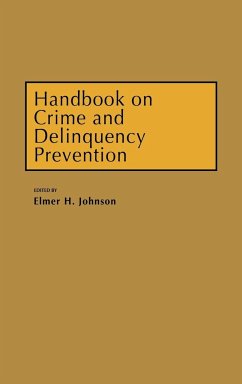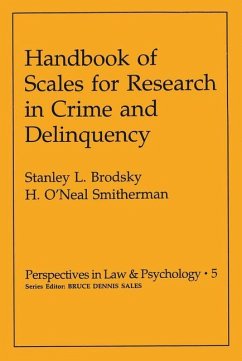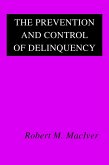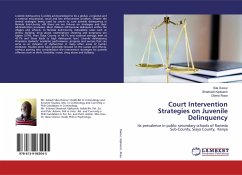The Handbook clearly points out that although the literature on crime prevention is voluminous, the social conditions that invoke criminality are resistant to social change. The articles repeatedly demand a critical evaluation of prevention theories and programs, and call for accountability within the crime-prevention profession. The collection will serve as a valuable resource for policymakers and practitioners as well as for academics. The volume includes an excellent directory of crime/delinquency-prevention organizations and a supplementary bibliography. Choice In recent years, the idea of prevention as a means of controlling crime has gained unprecedented popularity. Advocates of crime prevention frequently see its proactive nature to be superior to the reactive stance of typical law enforcement. Yet major questions continue to arise about what prevention is, how it can be carried out, to whom it should be directed and where it can best be implemented. Elmer E. Johnson has drawn together a variety of perspectives in an effort to provide an integrated analysis of fundamental concepts relating to the preventive approach.
Hinweis: Dieser Artikel kann nur an eine deutsche Lieferadresse ausgeliefert werden.
Hinweis: Dieser Artikel kann nur an eine deutsche Lieferadresse ausgeliefert werden.








